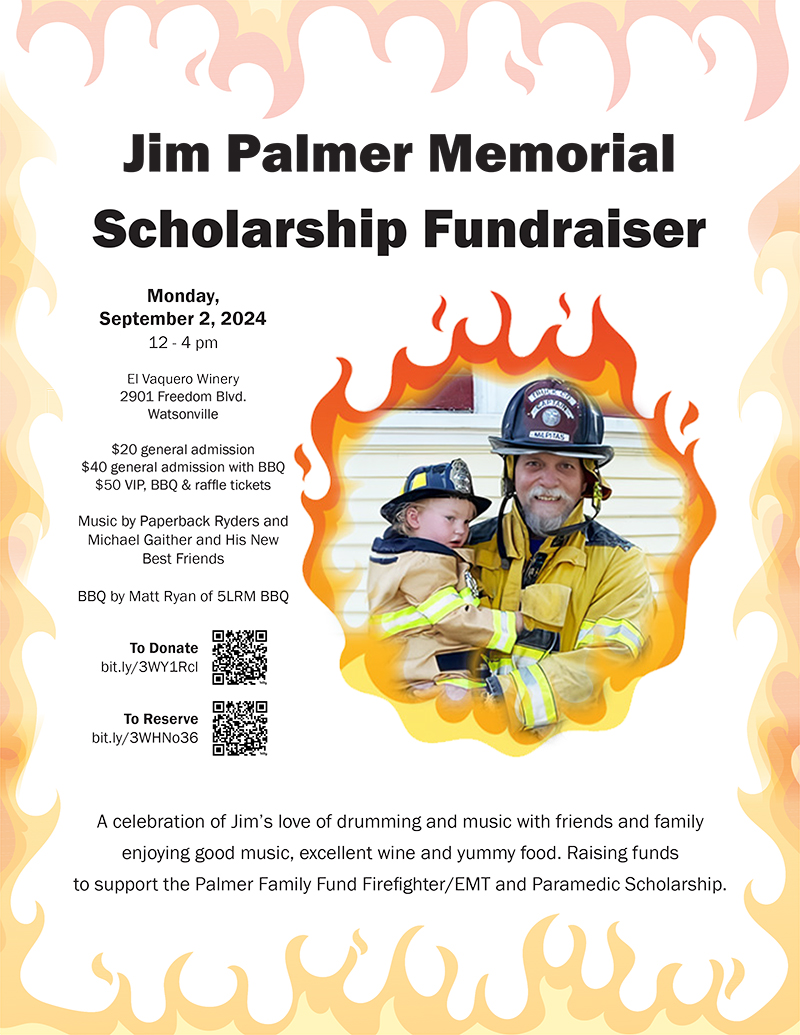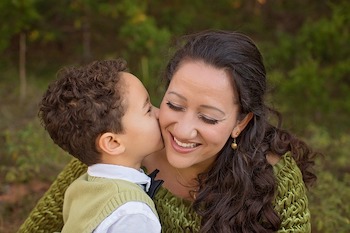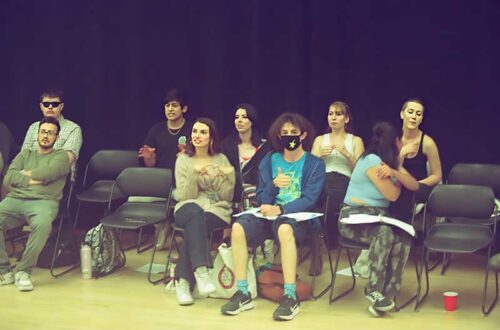Clare Frank made history as an inspirational firefighter and as one of first female fire chiefs in California. Her career is a testament to her dedication, leadership, and pioneering spirit. Through her writing, in her memoir “Burnt,” she provides readers with an inspiring perspective on resilience, leadership, and the transformative power of pursuing one’s passions against all odds.
“Burnt” captures the challenges Clare faced on her journey to becoming a trailblazer in a traditionally male-dominated profession.
Frank’s family fostered a household of independence and finding one’s passion. While living in Santa Cruz, in consultation with her parents, Clare emancipated herself at 17 years old. Clare’s older brother, a firefighter, told her “you would love firefighting and firefighting would love you”. With an abundance of support, Clare became a firefighter at 17.
What are your unique experiences as a female firefighter?
Clare Frank: In a profession that was over 98% male, I had an opportunity to change minds on what a firefighter could look like. It was a matter of proving myself to those who intrinsically assumed I wouldn’t be a good fit and opportunity to overcome self-doubt issues. Being a 17 year old girl is hard enough, so this landscape allowed for me to grow into the profession while also opening the minds of close minded people.
How did you become fire chief?
CF: My husband, brother, and mentor all agreed that I needed to become a fire chief in Milpitas. I fought it initially, I didn’t want to be the face of the fire department, I wanted to be the engine. On a run, I was soul searching–“Should I be stepping up? Do I have the skills and talents?” If I failed, I would hurt every woman below me. Was I willing to risk hurting the cause? The self doubt creeped in, but I overcame it, and became fire chief. Certain personality types are attracted to this field, sane people are repelled”
How did men react to you becoming chief?
CF: Most of the men were very supportive. There’s always jerks that are misogynistic. I had to change one mind at a time with my work ethic. There were some minds that couldn’t be changed, and that’s their problem, not mine. I have the gift of being quick-witted, so I dealt with close minded people with humor that exposed their misogyny, and they had to sit in that. Humor allowed me to call something egregious out without dampening the culture of the workforce.
Did you have female coworkers and did they support you?
CF: I have very few regrets, but one that comes to mind is that I didn’t do enough to reach out and help other women at that time. We were in the same struggle, in survival mode, and when you’re in survival mode the tendency is to distance yourself from others that are struggling because you don’t want to drown. I fixed this later, before becoming fire chief, where I recognized that anyone, who had great qualities and potential, could become a good firefighter. When I studied civil rights law, I went deep into the roots of civil rights issues, and then understood at a deeper level intellectually that there’s a duty to move the ball forward in a marginalized class but there’s also a duty to reach out and help.
Who can become a firefighter or paramedic?
CF: It takes a special, passionate person to work in this field. When I started, not only was I a woman, but I looked even younger, had a small build, and was 5’2. However, a perfect firefighting or paramedic crew consists of different body type make ups. You have to be incredibly fit, but you shouldn’t let your natural build stop you from pursuing your dream. If I have a chance to say one thing, it’s this: Don’t let someone put you in a box. Make your own box, and follow your passion.
What do you think of Jim Palmer’s Scholarship for aspiring paramedics?
CF: I think it’s amazing to provide opportunities for special people who have the passion to work as a paramedic. You are giving care to someone on the worst day of their life, and that’s all your days–endlessly helping people on their worst days.
By Joanna Jenkins








